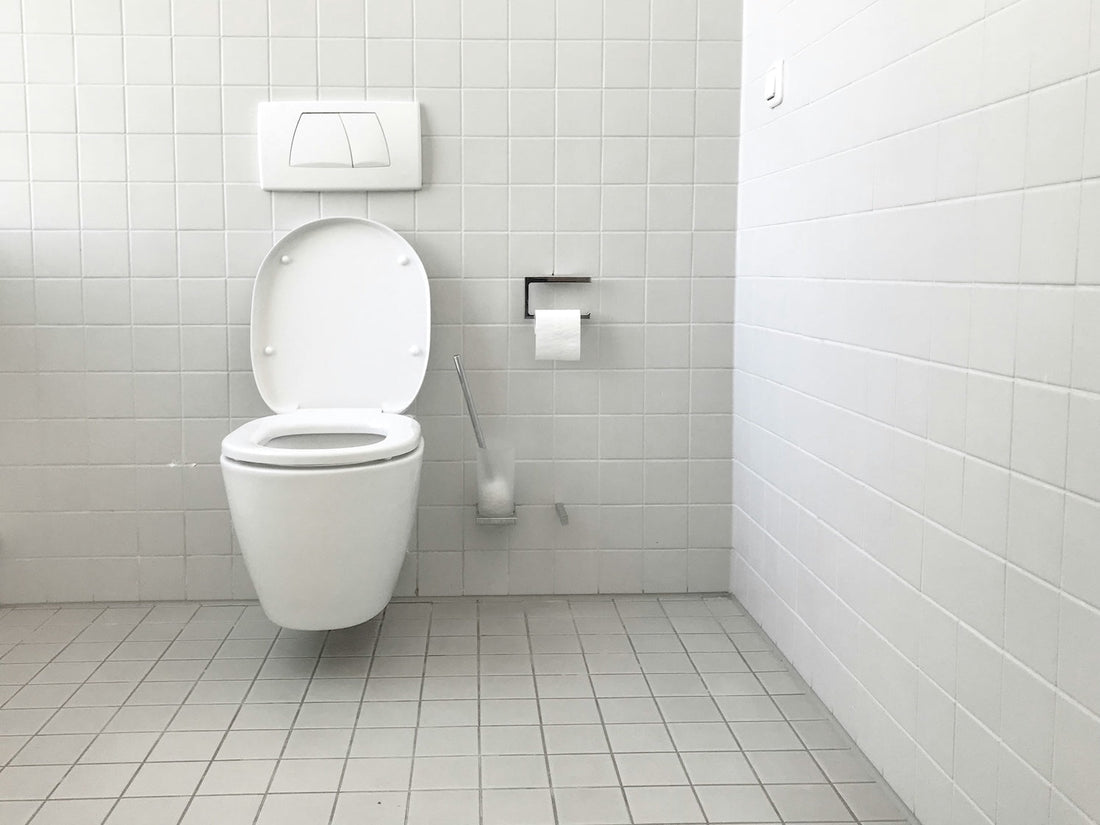
Does Decaf Coffee Hydrate You Better Than Regular Coffee?
Share
If you are tired of needing a restroom after every cup of coffee, you are not alone. Coffee lovers around the world often joke that caffeine is both a treat and a trap. Delicious and comforting? Yes. Also a ticket to frequent bathroom breaks? Absolutely. But does decaf solve that problem? Let’s explore whether decaffeinated coffee makes you urinate less than its fully caffeinated sibling and whether it can actually help keep you hydrated.
Understanding Caffeine’s Role in Urination
Caffeine is classified as a mild diuretic. This means it tells your kidneys to work a little harder and create more urine. While not as extreme as alcohol or certain medications, caffeine does stimulate increased bladder activity. It is why some people notice an urge to go shortly after their morning brew.
The average 8 ounce cup of regular coffee contains between 70 to 140 milligrams of caffeine. That’s a significant amount when it comes to waking you up but also to getting your bladder moving. By contrast, decaf contains only around 2 to 7 milligrams of caffeine per cup. That’s less than 5 percent of the caffeine found in regular coffee, which means the diuretic effect is much less pronounced.
What the Research Says
Several studies support the idea that caffeine increases urination. A well known study published in Frontiers in Nutrition found that a dosage of 3 milligrams of caffeine per kilogram of body weight was enough to produce a measurable increase in urine output. That would mean a 150 pound person would need around 200 milligrams of caffeine to notice this effect. With decaf providing a fraction of that, you are unlikely to trigger any extreme response.
Another study in PLOS ONE found that even when caffeine consumption increased to 3 to 6 cups a day, fluid balance remained fairly steady in habitual coffee drinkers. In other words, even regular coffee was not dramatically dehydrating, but decaf would be even less so.
Is Decaf Actually Better for Hydration?
Yes, in most cases decaf coffee is more hydrating than regular coffee. The water content is the same, but without the significant caffeine content, there is no counteracting diuretic effect. You are essentially drinking flavored water with trace amounts of caffeine, which still contributes to your daily fluid intake.
Decaf can be a smart option for people looking to stay hydrated throughout the day while still enjoying the comfort and flavor of coffee. If you are drinking multiple cups during the day, switching to decaf in the afternoon or evening can help you stay hydrated and avoid late night bathroom trips.
What About Bladder Sensitivity?
Some people are more sensitive to coffee’s effect on the bladder. Conditions like overactive bladder or interstitial cystitis can make caffeine a serious irritant. Even low levels of caffeine may cause discomfort or urgency. For these individuals, decaf can offer significant relief. It is not always a perfect fix, but it is often a step in the right direction.
That said, coffee does contain other compounds—like chlorogenic acids and certain oils—that can contribute to bladder irritation, regardless of caffeine content. However, caffeine is generally the biggest trigger, and decaf removes almost all of it.
Which Decaf Should You Choose?
If you are exploring decaf options, the method of decaffeination can matter. Our sugarcane processed Sidekick delivers bold, sweet flavor with low caffeine levels. Our Jitterfree Delight uses the Swiss Water Process, which retains clean flavor while removing over 99 percent of caffeine. Both offer a comfortable experience for your taste buds and your bladder.
We do not recommend decaf coffee processed using the methylene chloride method, as it involves a chemical solvent. Thankfully, all of our decaf products are processed using natural and trusted methods that prioritize health and taste.
Pro Tips to Stay Hydrated With Coffee
- Drink water alongside your coffee to offset any minor diuretic effect.
- Switch to decaf after your morning cup to enjoy coffee all day without overloading on caffeine.
- Try a half caf mix—combine one part regular coffee with one or two parts decaf for balance.
- Monitor how your body reacts. Everyone processes caffeine a little differently.
Final Thoughts
Decaf coffee does make you pee less than regular coffee. That is simply a fact backed by science. With minimal caffeine content, decaf avoids triggering the kidneys in the same way as full strength brews. It also supports your hydration levels, especially when consumed in moderation.
If you love coffee but could do without the constant trips to the bathroom, decaf may be the perfect fit. Thanks to advancements in decaf processing, you do not have to sacrifice flavor or ritual. Explore our decaf collection and see just how satisfying a low caffeine lifestyle can be.
Follow us on Instagram at @frequent.coffee and share your favorite decaf moments.
Disclaimer
This blog is for informational purposes only. Please consult your healthcare provider if you have bladder conditions, hydration concerns, or caffeine sensitivity. Study references mentioned are for general education and not a substitute for medical advice.
